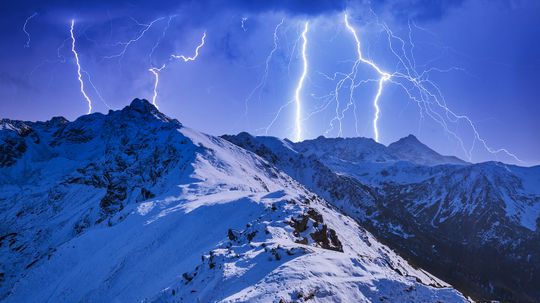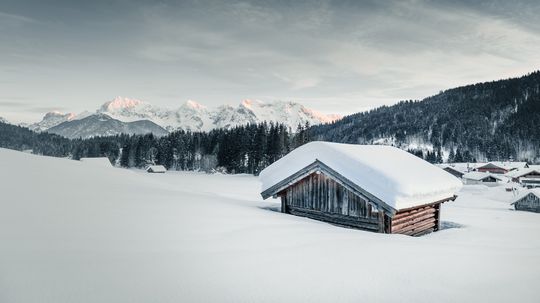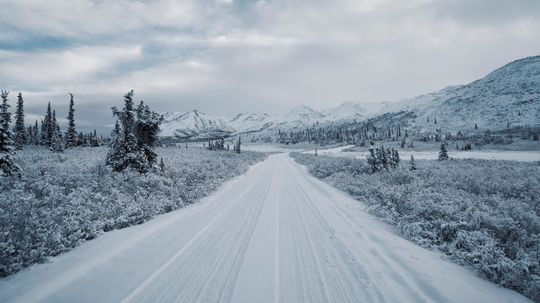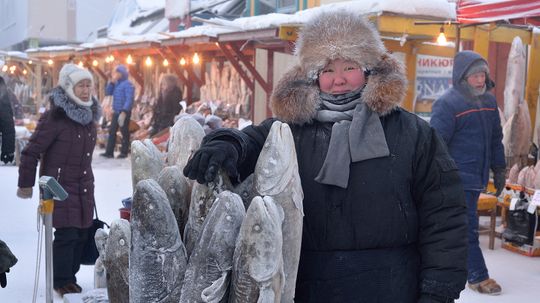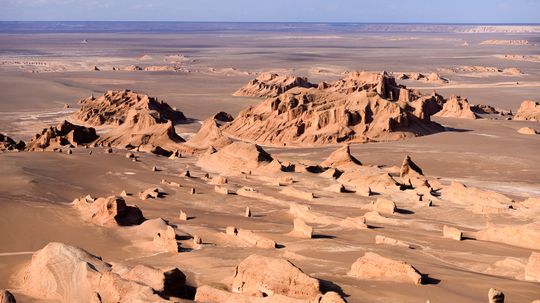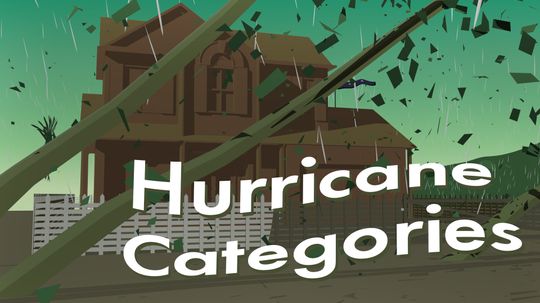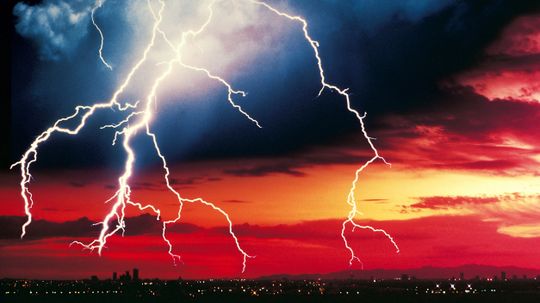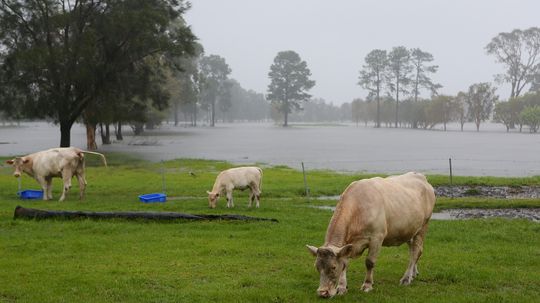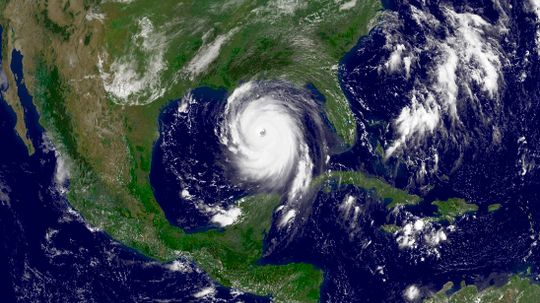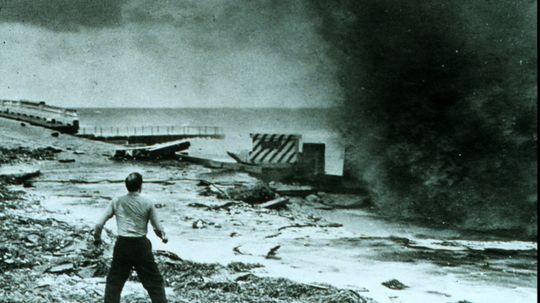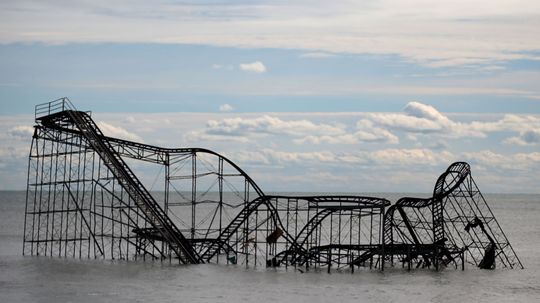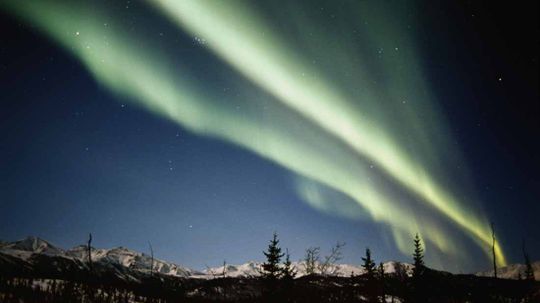Climate & Weather
Atmospheric sciences help us understand and predict the weather. Learn about topics such as the seasons, why it snows, and how rainbows are formed.

14 Types of Clouds Drifting Across the Sky
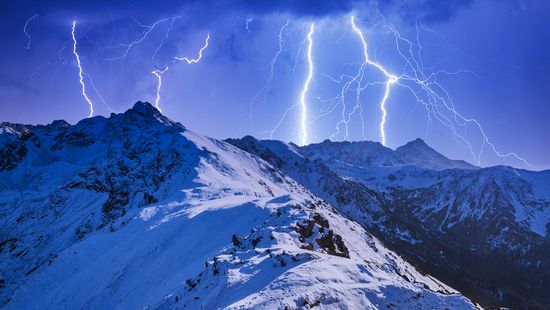
Thundersnow Only Occurs in 7 of Every 100,000 Thunder Storms

The Coldest Country in the World Is Below Freezing, on Average

How Is Barometric Pressure Measured and Why?

How a Weather Balloon Works?

How the Tornado Intercept Vehicle Works

10 States With the Best Weather Year-round

Find the Best Weather in the U.S. in These 8 Cities

Can China control the weather?
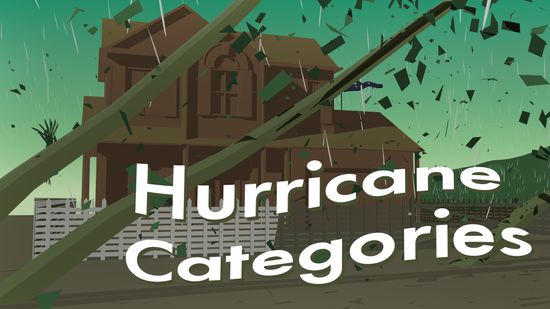
HowStuffWorks Illustrated: Hurricane Categories
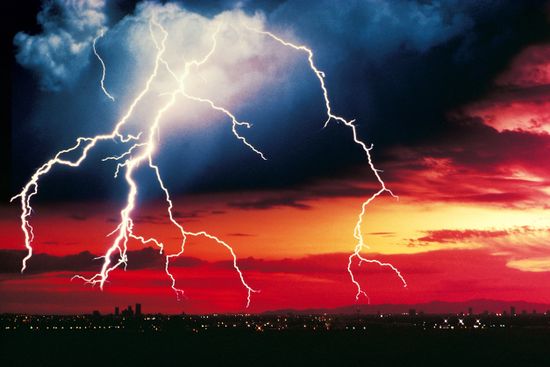
10 Myths About Lightning
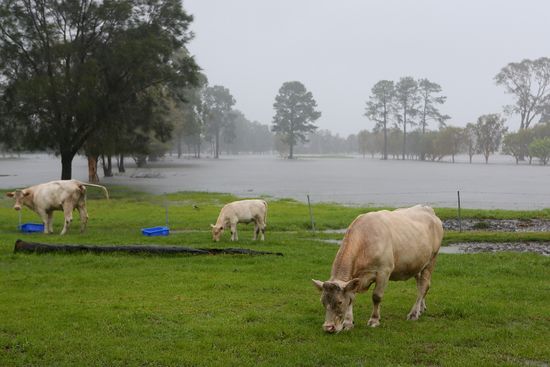
10 Ways Animals Supposedly Predict the Weather
Learn More
When it comes to the best weather in the world, everyone has their own idea of paradise. Some want sunshine and warmth year round, while others prefer cool breezes and mild temperatures.
Some states feel like summer never ends. Others enjoy four distinct seasons but skip the extreme cold. If you're wondering which are the states with the best weather, you've come to the right place.
Some places seem to have it all: sunny skies, warm temperatures, low humidity and no need to shovel snow.
Advertisement
Clouds are more than just fluffy shapes in the sky; they tell us what’s happening in the atmosphere; Scientists classify different types of clouds based on their height, shape and whether they bring fair weather or severe weather.
By Zach Taras
This rare phenomenon, sometimes called a winter thunderstorm, occurs when a wave cyclone experiences strong upward motion. Freezing temperatures cause snow to fall as the primary precipitation, often leading to thundersnow, lightning and other dramatic meteorological events.
By Mitch Ryan
Over our long history, humans have managed to thrive in a wide range of climates, from the very hot to the very cold. The modern world is different in many ways from the ancient, but we still live pretty much all over, in places that are sweltering and places that are absolutely frigid.
By Zach Taras
As colder months and winter weather sweep across the country, each state in the U.S. prepares for their respective regional conditions. Temperature and the average amount of snowfall per year depend on several factors, including terrain, elevation and the likelihood of consistent precipitation.
By Mitch Ryan
Advertisement
The United States has a wide range of climate zones, from the subtropical to the arctic. On the low end of the thermometer, there are plenty of options for a deep winter chill. Here, we look at a couple different ways to determine the coldest state in the U.S. — and by both definitions, there's one winner.
By Zach Taras
If you're looking for a place to live and you don't mind some seriously frosty winters, you have plenty of options to choose from. But some places endure more than a few blustery months, and no parka or insulated mittens will feel like enough. Those are contenders for the title of coldest city in the world.
By Zach Taras
When discussing the weather, humidity is a constant topic of conversation and consternation, especially during those muggy summer months. When people say, "At least it's a dry heat," that's just another way of saying, "Phew! At least it's not humid!"
By Mack Hayden
When challenged to name the hottest place on Earth, sprawling desert environments like Death Valley or the African Sahara probably spring to mind. However, extreme heat nearly matching those examples can occur on five continents, and some of these hottest places are even densely populated by humans.
By Talon Homer
Advertisement
Death Valley is one of the hottest places on Earth. With a record high of 134 degrees Fahrenheit (56.7 degrees Celsius), the California national park is sweltering, but it is not even one of the top 10 hottest states in the U.S.
By Yara Simón
Did you know that some places on Earth can get so hot that local wildlife has evolved specifically to survive the extreme conditions? In these regions, the heat isn't just a summer wave; it's a constant presence.
Hurricanes can range in strength from Category 1 all the way to Category 5. Learn more about hurricane categories in this HowStuffWorks Illustrated video.
Ice cubes usually look cloudy and opaque in the middle, despite the fact that water is clear. What's the deal?
By Mark Mancini
Advertisement
More than two centuries ago, the biggest volcanic explosion in human history occurred. And it had far-reaching effects.
There's a thunderstorm brewing with some serious lightning. Fortunately you're safe in your car because of its rubber wheels. Or are you? And let's not get started on your rubber-soled sneakers!
By Chris Opfer
Next time the cat starts sneezing, should you look for your umbrella or check her out for allergies? There are many superstitions out there about animals and weather prediction. Which ones hold water, and which ones are for the birds?
By Alia Hoyt
There are certain steps you should take to protect yourself, your family and your home during a disaster. These are not those steps.
Advertisement
The most damaging hurricanes usually have female names. Is this a case of gender bias, or is some other force at work?
Nothing ruins a good hair day like humidity, especially if your hair is dry and overprocessed. What's the science behind the frizz?
A very strong storm doesn't automatically mean death or destruction. You can improve the odds of surviving intact with reinforcements to your home. Plus, scientists are improving their forecast methods. Let's look at high-tech and low-tech storm alerts.
What makes a nor'easter different from your run-of-the-mill winter storm? And which ones have done the most damage?
Advertisement
Auroras themselves aren't rare, but spotting one can be tricky: You need a clear, dark sky within one of the auroral zones. What are 10 spots that up the odds a bit?
By Julia Layton
When climate variations mix with unsustainable agriculture and urbanization, vast swaths of once-fertile lands transform into deserts. Is the U.S. in danger of becoming a dried-up wasteland?




